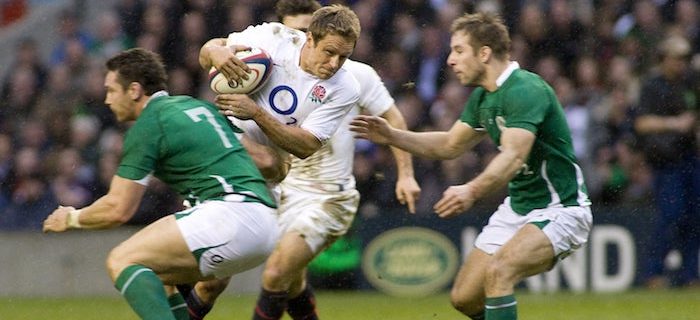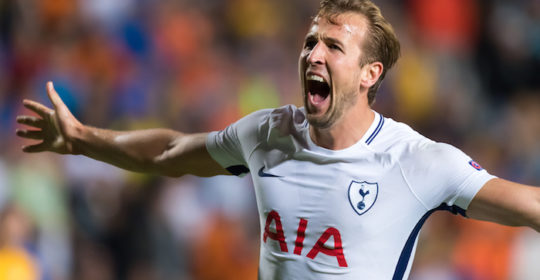Rugby or football? Did you think it was as simple as that? Well even within the world(s) of rugby, fans have their major differences especially when it comes to the divide between the two codes; Rugby League v Rugby Union.
Rugby League v Rugby Union
While naturally there are a number of similarities between the codes, especially to the layperson’s eyes, the differences between the variants are important enough that they are considered two completely different games with fans of each usually being really rather disparate.
Originally, rugby football was one sport but more than 120 years ago a number of clubs in England wanted to pay their players to play as they’d need to skip work to do so, the move not being approved by the RFU who to this day are still in charge of Rugby Union.
These clubs, mainly in the north, then chose to break away with the Rugby League becoming professional, something that didn’t happen in union until 1995.
Rugby Union Basics
In the union code, two opposing sides have 15 players on the field at any one time along with substitutes, seven of which can be used throughout the game.
The best way to amass points is by scoring a try. Tries are when players touch the ball down beyond their opponent’s try line. These can be supplemented by kicking a ‘conversion’ after a try or by kicking a penalty or drop-goal, each time the kicker has to get the ball through the proper part of the goalposts.
Points-wise, a try in union is worth 5, a drop-goal or penalty kick is worth 3 and a conversion is worth 2. A converted try therefore is worth a total of 7 points each time.
Whenever a player is tackled, the ball can be picked up by any player on the field as long as they remain on their feet. When the ball goes out of play, a line-out is used to re-start play while small infringements are solved by the awarding of a scrum.
Rugby League Basics
This time around the sides have just 13 players each and up to ten substitutions are allowed, one of the things that makes this the faster sport as all but three players in a team can put in maximum effort knowing if they run out of puff, they can be replaced by someone who can do the same thing.
Scoring tries is done by getting the ball down the full length of the pitch, while the opposition attempts to stop this by tackling. When a player is tackled, they are required to drop the ball and roll it behind them with their foot so that it can be quickly picked up by another player on their team.
While there is no tackle limit in union, there is in rugby league and when the sixth tackle comes in the ball is handed over to the opposition. When the ball goes out of play, the opposition gets a scrum to re-start the game.
Points are slightly different in rugby league too; there are 4 given for a try, 2 for a goal and a drop-goal is only 1.
Who Plays League and Who Plays Union?
Colloquially, it is thought that rugby union is a middle-class sport and rugby league is a working-class one. This began because the very foundation of rugby league was built on the fact that their players could not afford to miss time at work to play.
Union meanwhile was played often in grammar schools, private schools and at high-end universities and it is this fact that seems to have created the so-called class divide between the two variants.
There is also a geographical element to this, with rugby league being more popular around the northern strongholds of the north-west and Yorkshire, whereas union while transcending the whole of the UK, is more popular in the south of England than in the north.
Can Players Play Both Codes?
They can and they do, but not at the same time. While many players may have learned to play rugby in one particular variant, they may switch over and can often learn the subtle differences quickly.
By virtue of how quick the game is, because the ball is in play more and because there are fewer players to cover the pitch, it has been said by many neutral observers that rugby league is the more demanding game and as such many players such as Jason Robinson and Andy Farrell have learned their trade there before making a big success of themselves in union.
Visit Roger.com for more sports betting tips, tricks and promos.





